80%
of Finance Executives are "concerned" or "very concerned" about the risk of payment fraud.
- Forrester Consulting
70%
of Accounts Payable departments were the victim of attempted fraud last year.
- The Institute of Finance and Management (IOFM)
40%
of Accounts Payable departments experienced multiple fraud attempts last year.
- The Institute of Finance and Management (IOFM)







